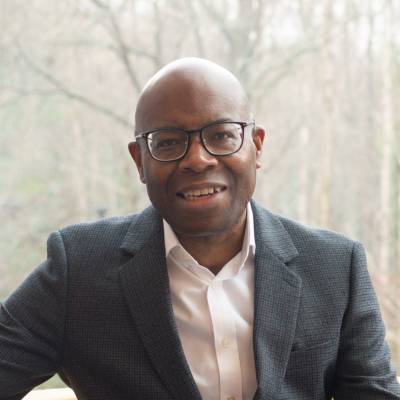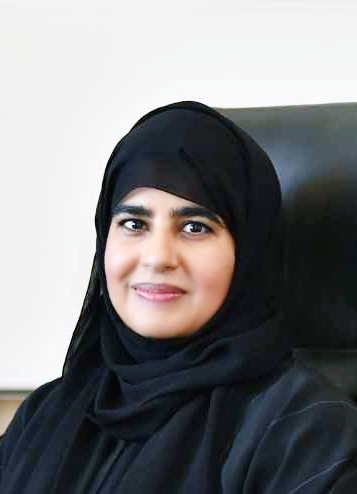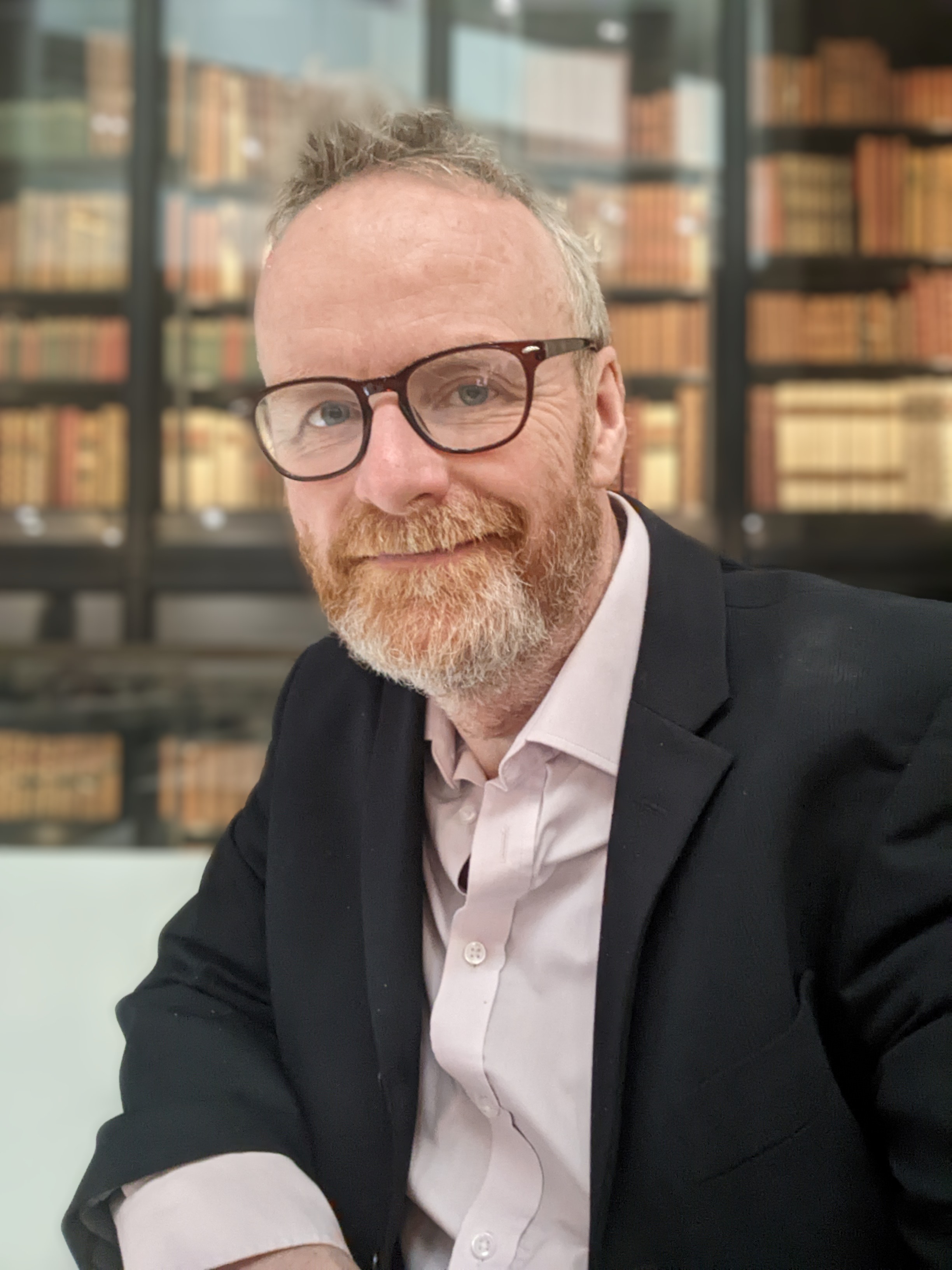
The Research Impact Strategy Group (RISG) Conference will be taking place on Wednesday 29 March, seeking to bridge the gap between theory and academic practice and to influence the evolution in Higher Education Institution research impact practice.
The traditional university model is reaching its sell-by date. There is an emerging need for research practice to demonstrate relevance through building the ability to deliver measurable, meaningful impact (including knowledge transfer and societal responsibility). Higher Education Institution (HEI) leaders need to develop the capacity to facilitate innovation in a faster-moving world and to explore the context in which research impact is democratised as a practice, to deliver results (economic, societal, environmental etc).
The Democratisation of Research Impact Strategy Conference 2023 provides fresh perspectives on how HEIs, through research impact, need to stay relevant to compete effectively in a turbulent world. This conference seeks to bridge the gap between theory and academic practice and to influence the evolution (and revolution) in HEI research impact practice.
This conference is for members within the HEI ecosystem who need to understand the emerging “New Game” of research impact, improve outcomes, and to influence people, policy, practice and communities. This conference includes individual researchers, researchers in public or voluntary organisations, support workers and anyone interested in getting evidence into action.
You can sign up for this event using the Eventbrite link. More details about the panellists, the events they will be running, and the full agenda of proceedings can be found below.
| Time | |
| 09:00 | Online Registration |
| 09:50 | Chair’s Opening Remarks – Professor Paul A. Phillips, University of Kent |
| 10:00 | Keynote 1 – Professor Mariam Ali S A Al-Maadeed, Vice President for Research and Graduate Studies Qatar University |
| 10:20 | Keynote 2 – Professor Stephen Shute, Former Pro-Vice-Chancellor for Planning and Resources at the University of Sussex, “Whither the ‘cusp’ university? What is the future of research-intensive universities outside the Russell Group? |
| 10:40 | Q&A Session |
| 11:00 | Break |
| 11:15 | Case Study 1 – Professor Victor Newman University of Greenwich: The Challenge of Research Impact, |
| 11:35 | Case Study 2 – Alistair Quaile, University of Leeds: Creating an impact strategy to accelerate the translation process between research excellence and societal impact |
| 11:55 | Q&A Session |
| 12:15 | Lunch Break |
| 12:55 | Panel discussion – “Perspectives on Sustainable Development Goals” chaired by Phil Ward, Director of Eastern ARC |
| 13:45 | Breakout Networking – Hosted by Betty Woessner, University of Kent, Research Excellence Manager |
| 14:15 | Break |
| 14:30 | Book Launch – The Research Impact Strategy Playbook, Newman and Phillips |
| 14:50 | Case Study 3 – University of London: Professor Julie Davies- Just who is engaged in the research impact agenda? Equity, diversity and inclusion perspectives |
| 15:10 | Q&A Session |
| 15:30 | Chair’s Summary and Close |
Conference Chair:

Professor Paul A.Phillips, Professor of Strategic Management, University of Kent
After serving as Director of Kent Business School (2007-11), Professor Paul Phillips is Professor of Strategic Management. Prior to being Director, Paul joined Kent Business School in 2004, as Deputy Director. Professor Phillips has held academic appointments at Cardiff Business School and the University of Surrey. In 2001, he was appointed to a full Professorship as the Charles Forte Chair of Hotel Management, which was created by a generous endowment from Forte plc in 1986 at the School of Management, University of Surrey, UK.
Paul has served as Chair of the UK Association of Business Schools (ABS) Research Steering Committee, and Member of the ABS Executive Committee. He chaired the 2010 ABS Annual Research Conference and the 2010 ABS Annual Doctor of Business Administration Conference. Paul has served on the Institute of Business Ethics Advisory Council, Westminster Business School Advisory Board and Founder and Inaugural Chair of the ABS International and External Relations subcommittee.
Professor Phillips has completed the Experienced Deans’ and New Deans’ Seminar Series, Association to Advance Collegiate School of Business (AACSB), International. He completed the International Deans’ Programme, Association of Business School/European Foundation for Management Development, and the Leading Change and Organisational Renewal Programme, Harvard Business School, Harvard University.
Paul has served as a Visiting Professor at three universities in China: The School of Business Administration, Hunan University, Changsha; International Business School, Beijing Foreign Studies University, Beijing; School of Economics, Shandong University, Ji’nan. Professor Phillips was a member of the Institutional and Course Approval team at Globsyn Business School, Kolkata, which is conceptualised as India’s first Corporate-Business School.
Panel Members:

Mariam Al-Maadedd, Vice President for Research and Graduate Studies, and a professor of Physics and Materials Science, Qatar University
Since 2016, Mariam has led the University’s research and graduate studies development strategies and programs, and has promoted and strengthened national and international relations in this field.
She has extensive and internationally recognized experience in the fields of higher education, research strategies, materials, and nanotechnology.
Professor Mariam led many research grants and projects with different universities and institutions around the globe, as well as national and international companies. Being an expert in her field, Professor Mariam has conducted various workshops to a diverse group of organizations, across industries and government ministries.
Professor Mariam received several awards, including the Physics State Award in 2010, the Gulf Petrochemical Association (GPCA) Plastic Excellence Award in 2014 and the Leadership Excellence Award for Women from the conference and exhibition of engineering for the Middle East in 2015. She was also a leading member of the Al-Bairaq team, which won the World Innovation Summit for Education Award in 2015. In 2016, she received the Islamic Educational Scientific and Cultural Organization (ISESCO) Prize in Science & Technology.
10:00 – Toward Society 5.0? What are the essential keys from academia?
In her presentation, Mariam will start with a historical background of academic impact on society, including the current/ future advancement of Society 5.0 which is the human- centered society that balances economic advancement with the resolution of social problems.
She will highlight her recent edited book: “The Sustainable University of the Future: Reimagining Higher Education and Research” which encourages universities to reconsider their traditional policies and plans. She will share her vision and lessons learned after 6 years as a Vice President for Research and Graduate Studies, as a member of the executive management committee at Qatar University and as a board member in many other educational institutions and commercial innovative entities. Academia and most importantly, research should be part of the different socioeconomic strategies for the future.

Professor Stephen Shute, Former Pro-Vice-Chancellor (Planning and Resources), University of Sussex
Stephen was pro Vice Chancellor (Planning and Resources) at the University of Sussex for eight years and had responsibility, amongst other things, for planning, resources, performance, internationalisation, global engagement, international partnerships, transnational education, and student recruitment. He also at different times led for the University on education and, separately, on research and enterprise.
His academic area is law and he has written extensively on different areas of criminal law and criminal justice. He has also held a number of senior roles following appointment by Ministers. These include serving as Founding Chair for the Crime Statistics Advisory Committee from 2011 to 2015 and serving as a Founding Member of the Ministerial Advisory Board on Joint inspection in the Criminal Justice System from 2007 to 2011. From 2009 to 2014, he was a Founding Member of the Independent Advisory Panel on Deaths in Custody. He has also been a member of the Advisory Board of the Arts and Humanities Research Council and was Chair of its Public Policy Advisory Group and served as Chair of Universities UK’s Middle East and North Africa (MENA) Policy Network.
10:20 – Whither the ‘cusp’ university? What is the future of research-intensive universities outside the Russell Group?
Small and medium sized research intensive universities outside the Russell Group will face a particular set of challenges across the next five years. This talk will consider what those challenges are likely to be and will reflect on how they might be overcome.

Victor Newman, Executive Business Centre, University of Greenwich
Professor Victor Newman is Industrial Fellow at the Executive Business Centre, The Business School at The University of Greenwich. Member of KSSAHSN (Kent Surrey Sussex Academic Health Science Networks) Innovation Board and mentor to the Social Innovation Lab, Kent.
Co-developer of Research Impact methodologies with Professor Paul Phillips of Kent Business School (impactofimpact.com). Strongly influenced by innovation leadership experiences including commercial strategy board consulting, mentoring CEOs and entrepreneurs, Head of Innovation Strategy & Economics at Innovate UK, and Chief Learning Officer, Head of Pfizer Research University.
Victor found himself inadvertently working on research impact strategies within global pharmaceuticals, industry and governments. Key research impact related experiences include rethinking drug product failure at a strategic level, strategic scientific investment modelling, integrating team knowledge to accelerate the drug development process, designing therapeutic area strategy dashboards, engineering serendipitous re-use of drugs for new applications, geo-data re-use and the introduction of outcome-based innovation methods.
Victor has an extensive publication profile featuring 288 journal articles, conference papers, books, book chapters and official reports. He has a strong repertoire in heuristics, strategic knowledge management, process leadership, innovation and engagement leadership. Authorship includes “Made to Measure Problem Solving; “Knowledge Activist’s Handbook – Adventures in the Knowledge Trenches” Capstone/ Wiley & Sons has been cited as the “best (secret) management book within the last ten years”; “The Innovator’s Got to Do It: Understanding the Art of Innovation Leadership”, “The First Discipline: Process Leadership for Problem-Solving Teams”, and “Power House: Strategic Knowledge Management: Insights, Practical Tools and Techniques”.
Recent publications: “The Research Impact Strategy Playbook” (co-author, 2023); “Management Consultancy through an Academic and Practitioner Perspective”, 2019; and “Recycling Behavioural Waste”, “Reality-Driven Leadership” both with Graham Williams, Biddles 2016, 2017.
11:15 – The Challenge of Research Impact
In 2020 David Sweeney characterised prevailing research university culture as deeply conservative in maintaining traditional industrial practices resisting the call to adopt “translation” of research into measurable, beneficial outcomes.
Research impact is bigger than academia and involves integrating research with potential users of new knowledge: involving the co-design of knowledge for utility through user involvement from the outset, and not merely after publication.
While a legacy culture often tends to eat a new strategy for its breakfast, this means that a strategy for changing that culture must itself be practical and realistic in order to be effective. Culture is the aggregation of effective habits which may no longer be useful in a new situation. This means that an effective strategy for realising research impact beyond bibliometrics will involve the construction of new habits. Effective systemic cultural change works backwards from identifying new, beneficial outcomes, the design of new, complementary organisational structures, processes and systems, and ultimately the adoption of new methods built upon identifying and realising new value.
In the absence of a critical, strategic inflection point for the HEI sector, an inflectional, foundational strategy that is tactical, experimental and social, enabling academics to “see” new forms of measurable value will have to be adopted, in order to inform rather than to impose, until leadership grasps the nature of the crisis and strategic best-practice becomes evident.

Alistair Quaile, Research Impact Manager for the Faculty of Medicine and Health, University of Leeds
Alistair leads the development, support and monitoring of knowledge exchange (KE) and research impact activity. He sits on the University’s Research Impact and KE Steering Group, which provides oversight of research impact and KE activity, and co-leads the University’s Impact Network, a community of practice aimed at bringing staff together with an interest or responsibility for impact activity to develop skills, gain knowledge and improve service delivery. He is a steering group member of the Centre for Applied Education Research (CAER), a partnership between Bradford Teaching Hospital NHS Trust; the Universities of Leeds, Bradford, and York; City of Bradford Metropolitan Council, Department for Education, and Educational Endowment Foundation. He was an external evaluator for the inaugural KE Concordat, a sector-led initiative to recognise, develop and improve the ways higher education providers engage in KE, where he examined England-wide institutional KE action plans.
11:45 – Creating an impact strategy to accelerate the translation process between research excellence and societal impact.
Before 2020, the Faculty of Medicine and Health at the University of Leeds did not have a strategic approach to research impact activity. This was particularly noticeable in the lead up to the 2021 Research Excellence Framework (REF) exercise—a UK-wide assessment of research quality undertaken by the UK higher education funding bodies that examines the output and real-world impact of research undertaken by universities, and the environment enabling it to happen. Two years before the REF submission there was no indication of what research within the Faculty had the most significant and far-reaching impact, and there was a desperate need to retrospectively gather evidence of impact as this was not routinely collected. To address this, Alistair Quaile led the development of an impact strategy to improve mechanisms within the Faculty of Medicine and Health for planning, generating and evidencing the societal impact from its research, underpinned by the creation of an environment of motivated, involved, and supported impact-minded researchers. This has included recognition of impact within workload models and annual appraisals; ensuring impact active staff are not over-burdened by making impact a core part of their activity and not an additional task; providing individually tailored support through impact accelerator funds; and recognising impact beyond academia as a key criterion for staff recruitment and promotion.

Phil Ward, Director of Eastern ARC
Phil is Director of Eastern ARC, the regional research consortium that brings together UEA, Essex and Kent. He was previously Deputy Director of Research Services at the University of Kent, and has worked for the Arts and Humanities Research Council, responsible for both the English Literature and Language panel, and the most popular of its funding streams, the Research Leave scheme. He writes for a range of outlets, including Research Professional, where he undertook a secondment as an editor between 2017-18. He also runs the award-running blog Research Fundermentals.
12:55 – Panel discussion – Perspectives on Sustainable Development Goals

Professor Julie Davies, Director of the MBA and EMBA Health programmes and Deputy Director (EDI), Global Business School for Health (GBSH), University College London
Julie earned a PhD in strategic management at Warwick University. Julie is a qualitative researcher and a practitioner Fellow of the Chartered Institute of Personnel and Development, Fellow of the Higher Education Academy and Association of University Administrators. She is an Associate Editor of Human Resource Development Review and has published in the Academy of Management Learning & Education; Employee Relations; Gender, Work & Organization; Journal of Business Research; Journal of Small Business Management; Stress and Health as well as Nature Index and the LSE Impact of Social Sciences blog. Julie is currently collaborating with AIIMS New Delhi on an interdisciplinary research project on medical leadership and leading a longitudinal study on advanced clinical practitioners. Julie led EU projects on HRM in regional SMEs and consultancy on workforce redesign in acute services in a rural hospital. She has worked on change management projects in the National Health Service. Her co-authored book Leading a Business School is published in 2023.
14:50 – Just who is engaged in the research impact agenda? Equity, diversity and inclusion perspectives
Business and management studies is the largest unit of assessment in the UK Research Excellence Framework (REF). As important sites of knowledge production and professional schools, business schools have the potential to have significant influence beyond the academy in the research impact agenda, as well as influencing business leaders of the future. Like business school accreditations and media rankings, REF impact case studies generate signal symbolic legitimacy. Yet gender pay gaps, vertical gender segregation, and other forms of gender discrimination which marginalise women management scholars’ engagement with research impact case studies suggest hypocrisy. Although business schools may successfully communicate ‘legitimacy-as-perception’, many are neglecting ‘legitimacy-as-process’ (Suddaby et al., 2017) internally, also further entrenching and perpetuating existing inequalities (Yarrow and Johnston, 2022). This results in sub-optimal talent management and leads inevitably to a bias towards men in the way policy reforms are implemented and research impact is designed (Davies et al., 2019).
Business Schools are looking but not being good (Gioia and Corley, 2002) despite initiatives such as Gender Equality Plans (GEPs) and Athena SWAN. Following an analysis of REF 2014 and 2021 impact case studies for business and management studies (UoA17), we argue for more inclusive and equitable scholarly cultures which minimize the production of gendered research impact cases in UK business schools, and for more inclusive research cultures in contemporary business schools.





